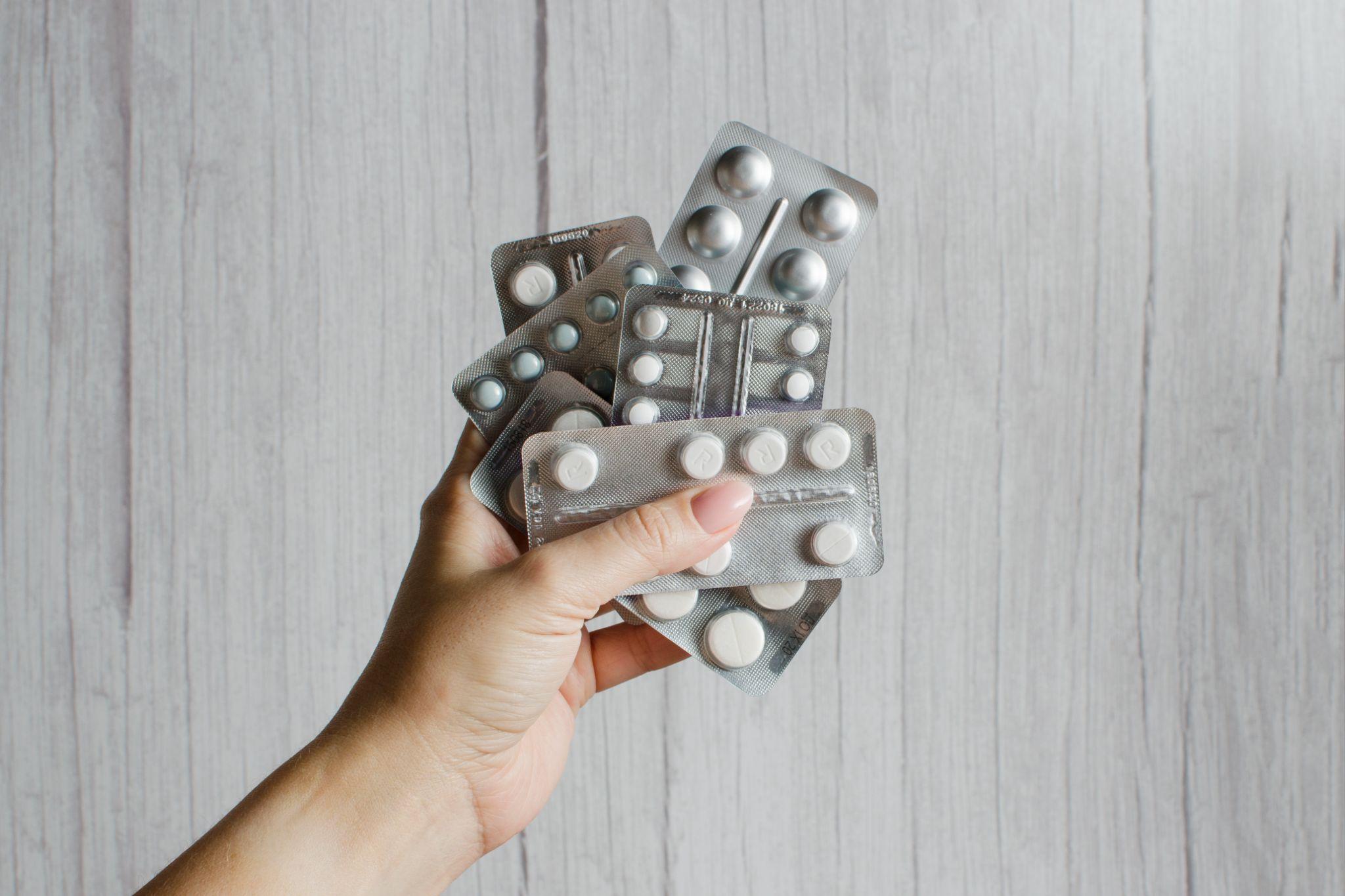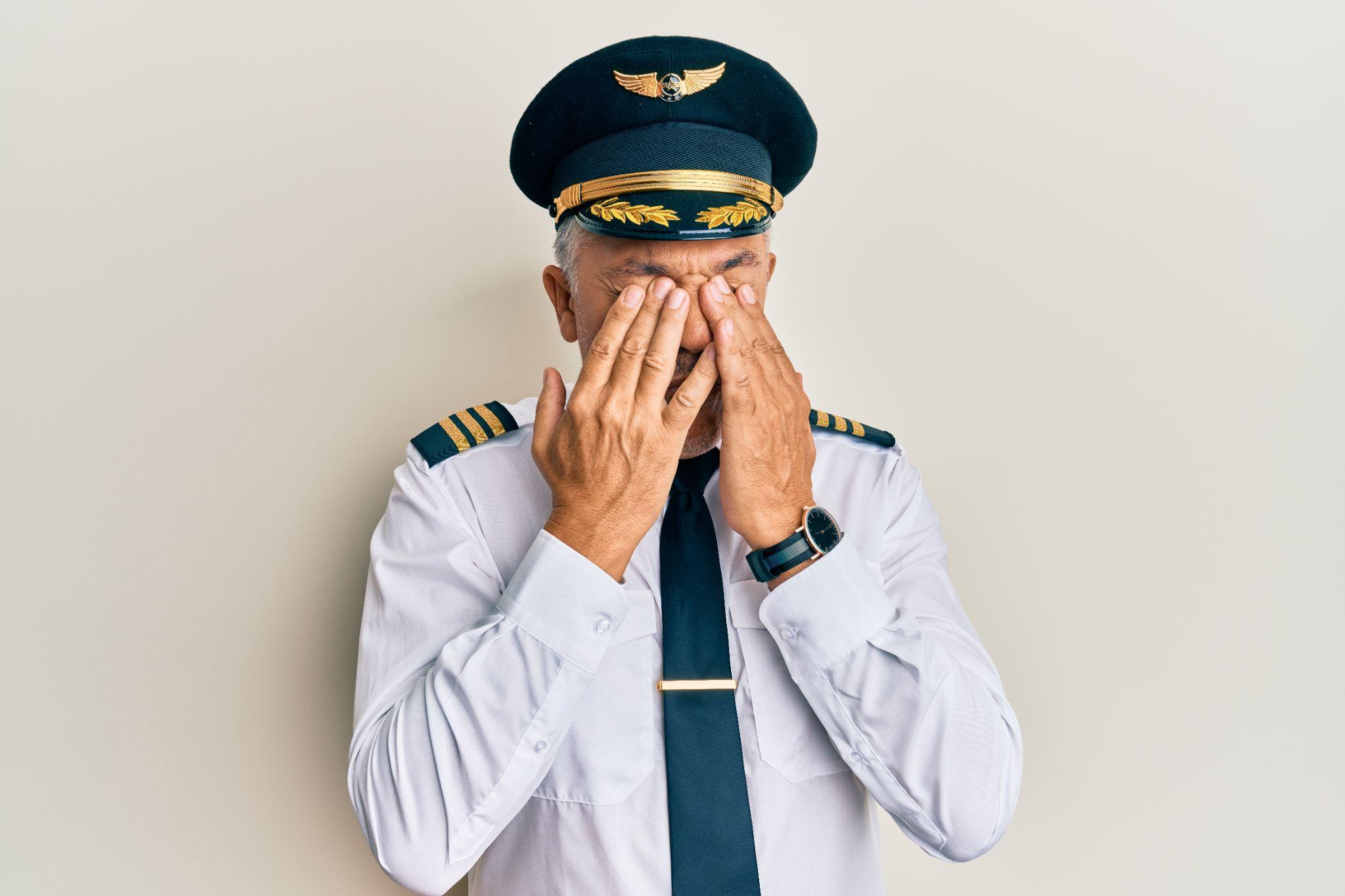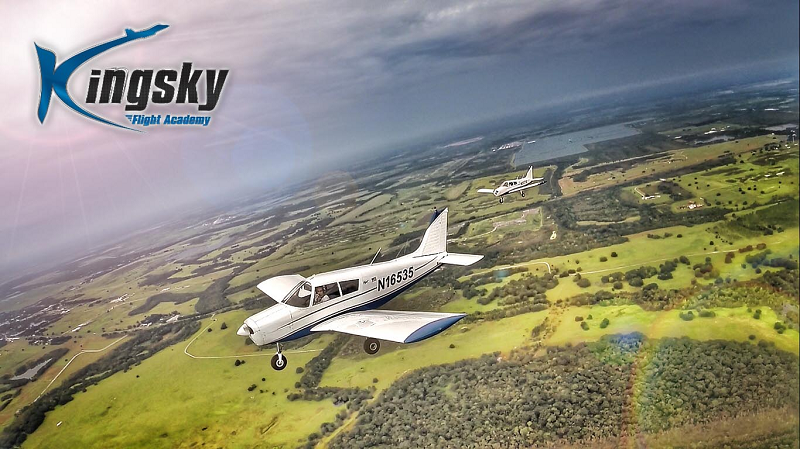Before any pilot climbs into the cockpit, they should perform a health check and confirm that they are fit to fly. This is standard operating procedure for airline pilots and required by FAA regulations. Private and commercial pilots have the same responsibility to keep themselves and others safe by assessing their health before they start up their aircraft.
So, before the preflight checklist, the startup checklist, and the takeoff checklist, start out with the most important factor to the safe operation of an aircraft: your own health. The tool most pilots use to confirm that they are ready to fly is the IMSAFE Checklist.
What Is the IMSAFE Aviation Health Assessment?

IMSAFE is an acronym and an easy way to remember the factors that might impair a pilot’s ability to fly safely. These are Illness, Medication, Stress, Alcohol, Fatigue, and Emotion. Before a pilot takes to the air, they should review these factors and ask themselves the following questions.
Illness
Feeling sick will make it difficult to perform your duties in the air. If you feel ill before you take off, you might get rapidly worse while flying. Blocked sinuses can cause extreme pain during takeoff and landing. Especially if you fly solo, any illness including a stomach bug, cold, or flu is a reason to call off the flight.
Ask yourself:
- Do I feel sick or have any symptoms of illness?
- Are my sinuses blocked?
- Do I have a headache or an upset stomach?
Medication
Per FAA regulations, the pilot in command is not allowed to fly if they are taking medications on the banned list and the required waiting period since the last dose has not expired. This includes some prescription and over the counter medications. Your aviation medical examiner can provide a full list of these medications and advise you.
Some of these drugs are on the list because they interfere with body functions or might make the user lightheaded in low oxygen conditions. In general, pilots should not fly while feeling the effects of any medication that impacts their state of mind and reaction time or makes them drowsy.
Ask yourself:
- Did I recently take any prescription or over the counter medications?
- Have those medications had time to leave my system?
- Did my Aviation Medical Examiner approve these medications during flight?
Stress

An unusual amount of stress can also affect pilot performance. Stress is a physical body response and may cause increased heart rate and blood pressure, as well as shortness of breath. Whether you are under too much stress to fly safely is a subjective evaluation, but taking a moment to stop and check your stress level before you take off can help you avoid becoming “task saturated” or overwhelmed while in the air.
Ask yourself:
- Do I feel stressed or irritable?
- Am I thinking about financial, relationship, or job problems?
- Can I relax and give this flight my full attention?
Alcohol
No pilot may operate an aircraft while under the influence of alcohol or with a blood alcohol content higher than 0.04%. The effects of alcohol include impaired judgment, vision, and reaction time. FAA rules state that no pilot or crew member may fly within eight hours of consuming an alcoholic beverage, but the FAA recommends waiting at least 24 hours after drinking before flying.
Ask yourself:
- Have I had any alcohol in the past 8-24 hours?
- Even if it has been more than eight hours, do I feel any effects of alcohol right now?
Fatigue
Fatigue is another factor that only the pilot can evaluate. Most pilots are hard-working individuals who have somewhere to be or a job to complete. Taking a moment to honestly evaluate your own level of fatigue will help you make logical decisions about whether you are too tired to fly. Fatigued pilots make mistakes and might even fall asleep in the cockpit.
Ask yourself:
- Have I had a good night’s sleep in the last 24 hours?
- Have I been flying across multiple time zones in recent days?
- Do I feel tired or groggy, and am I compensating with caffeine?
Emotion

Powerful emotions have profound physical and mental effects. If a pilot is depressed, angry, grieving, or emotionally charged, their ability to make calm decisions in flight is impaired. Even a pilot’s strong desire to get where they are going can be emotionally driven and influence their ability to judge if they are truly fit to fly.
Ask yourself:
- Am I angry, depressed, excited, or anxious?
- Did I recently have an argument or sustain a loss?
- Am I in a clear and calm state of mind?
Flight Safety Starts on the Ground
Expanding your skills as a pilot or looking to take your first flight? At Kingsky Flight Academy, we focus on providing our students with the best possible flight training with a focus on safety. We adhere to the highest standards for ground school, flight training, and aircraft maintenance. With our 60 years of experience and 300 sunny days per year, there is no better place to learn the skills of a safe professional pilot.
